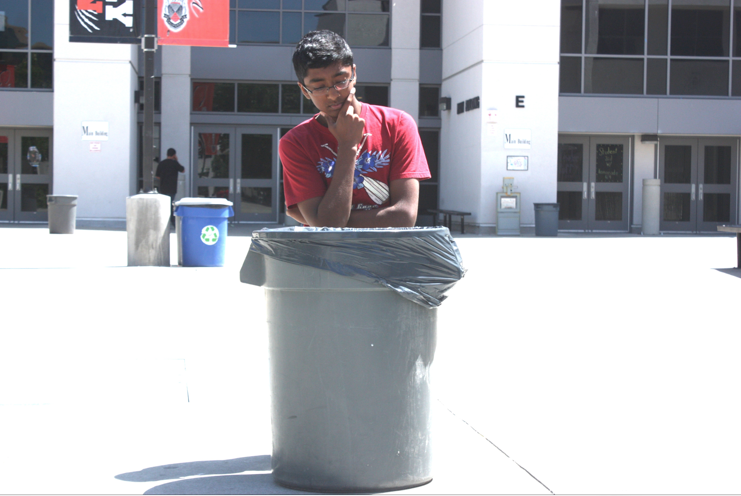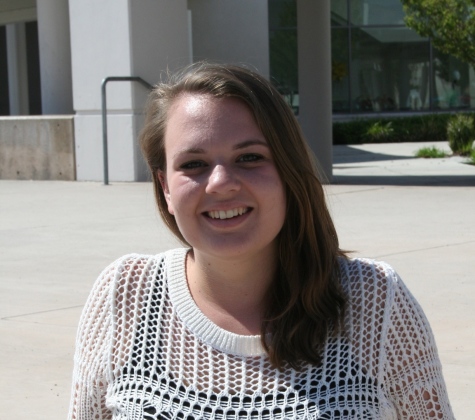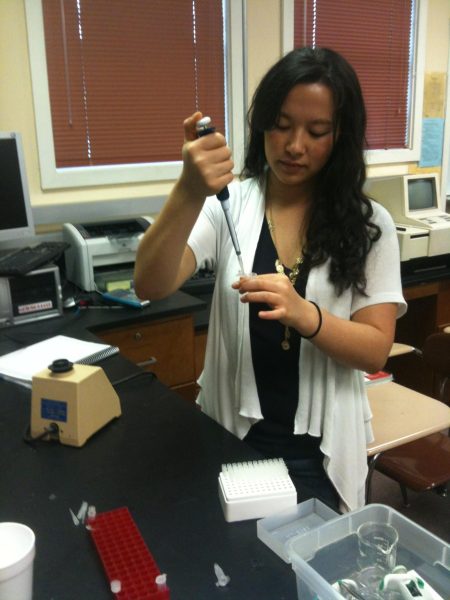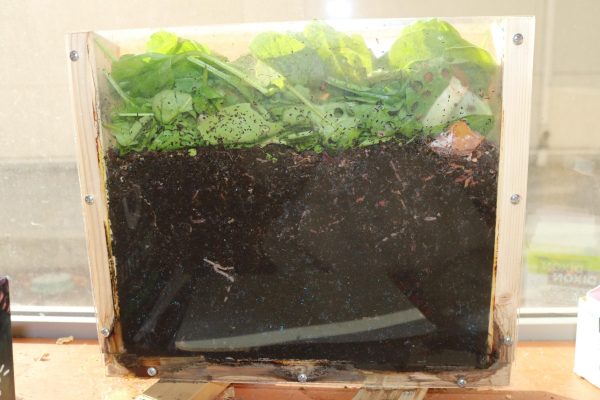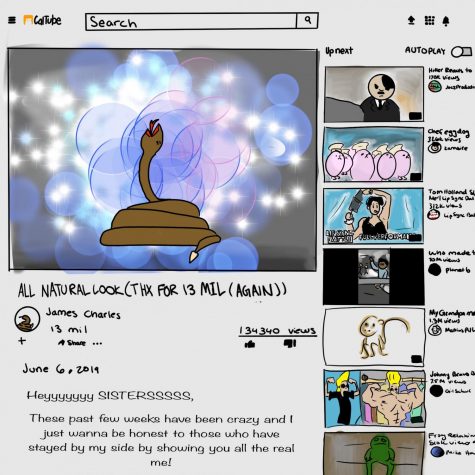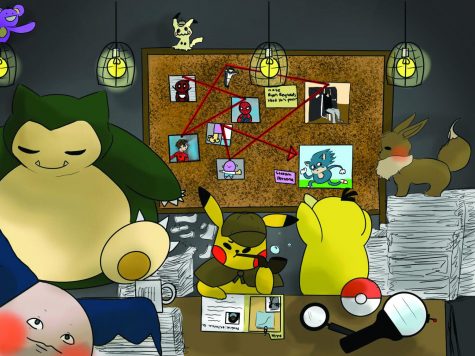Now that’s quite a Mother’s Day gift
There is nothing average about Dhuvarakesh Karthikeyan as a science enthusiast or a son.
The junior, mostly known as Dhuvi around campus, demonstrated this last month when he won the Intel International Science and Engineering Fair and gave every penny of the $10,000 prize to his mom for Mother’s Day.
Karthikeyan’s three year project of converting trash into clean energy using biofuel gave him the opportunity to perform such an act of kindness.
“I told him it was sweet of him, but I would put the money toward his college,” said his mother, Jey Karthikeyan.
Science was always suspected to be Karthikeyan’s calling. After competing in the Intel International Science and Engineering Fair (ISEF) in Los Angeles the week of May 12, and winning $10,000 from US Aid, that calling was confirmed.
Prior to the ISEF, Karthikeyan also participated in the 62nd Annual California State Science Fair in Los Angeles and took home the Ricoh Sustainable Development Award in the biofuel category in April 2013. That project was similar to this one because it focused on converting cellulosic waste from bio-ethanol.
The Intel ISEF featured competitors from across the globe. Multiple benefactors offered money ranging from $250 to $750,000 for the top science projects. Karthikeyan was awarded his prize money from US Aid for his biofuel cell reactor.
“I came up with the idea [for the project] when I was trying to help clean up India,” Karthikeyan said. “I took a visit to India and saw people were burning trash on the street. I was trying to incentivize the people to clean up their trash in a more efficient manner.”
Even though Karthikeyan came up with the concept for his biofuel cell reactor in eighth grade, he knew it would be a continuous project that he would take seriously.
“[The project] wasn’t for fun because I did it with a purpose,” Karthikeyan said. “It was initially for research.”
The project was a large and challenging commitment, especially because the majority of Karthikeyan’s knowledge of biofuel cells didn’t come from the a traditional classroom, but from his own research.
Some initial problems he had to tackle were the design of the reactor, the compatibility of the fuel cells and trash, the cost, and the sustainability.
The majority of these concerns were quelled when Karthikeyan made a quick Home Depot run and got most of the materials needed to build the reactor from there. Even though purchasing the supplies was easy enough, this project was far from a walk in the park. Karthikeyan spent anywhere between 30 minutes to six hours a day on this project for the past three years with little to no help from teachers.
Except for moral support from his mother and inspiration from Iron Horse Middle School science teacher Shawn Armstrong, Karthikeyan’s accomplishment at ISEF was mainly because of his efforts alone. This three year project took dedication, hard-work, and time away from school.
His biggest emotional support by far was his mother, who was there for him since his interest in science began.
“[Dhuvi] worked on his own for the most part, but I helped him with his board, and I would bring him tea or coffee when he was up late at night or even nudge him awake if he had fallen asleep,” Jey Karthikeyan said about her support for her son.
Karthikeyan decided to give his mother the prize money in return for her support.
“I was so proud and touched by this,” said his mother of her son’s gesture, “especially since I was disheartened by the fact that he left on Mother’s Day to Los Angeles.”
Not only is Karthikeyan an excellent son, but he also excels as a student.
When his Honors Physics teacher, Lisa Breton, heard of Karthikeyan’s accomplishment, it confirmed her belief that he has all of the qualities that make a great scientist. She said he’s smart, personable, and has the ability to work with a team.
“He is a remarkably talented young man,” said Breton.
Karthikeyan’s attitude in class can be described as positive and excited by both Breton and his Human Body Systems teacher, Dina Anderson.
While it could be easy for Karthikeyan to get an overinflated self-confidence from all the praise coming from some of the most influential figures in his life, his mother knows the root of his success comes from a place of selflessness. After all, the initial goal of his biofuel cell reactor was to help India find a more effective way to dispose of trash.
As Karthikeyan continues his studies, using science to help others will always be his passion. Jey Karthikeyan is sure of her son’s intelligence and integrity.
“[Dhuvi] tells me that he wants to go into the biochem or medicine field [in the future],” Jey Karthikeyan said, “but I know that whatever he does he’s a good person and he will always help others.”
